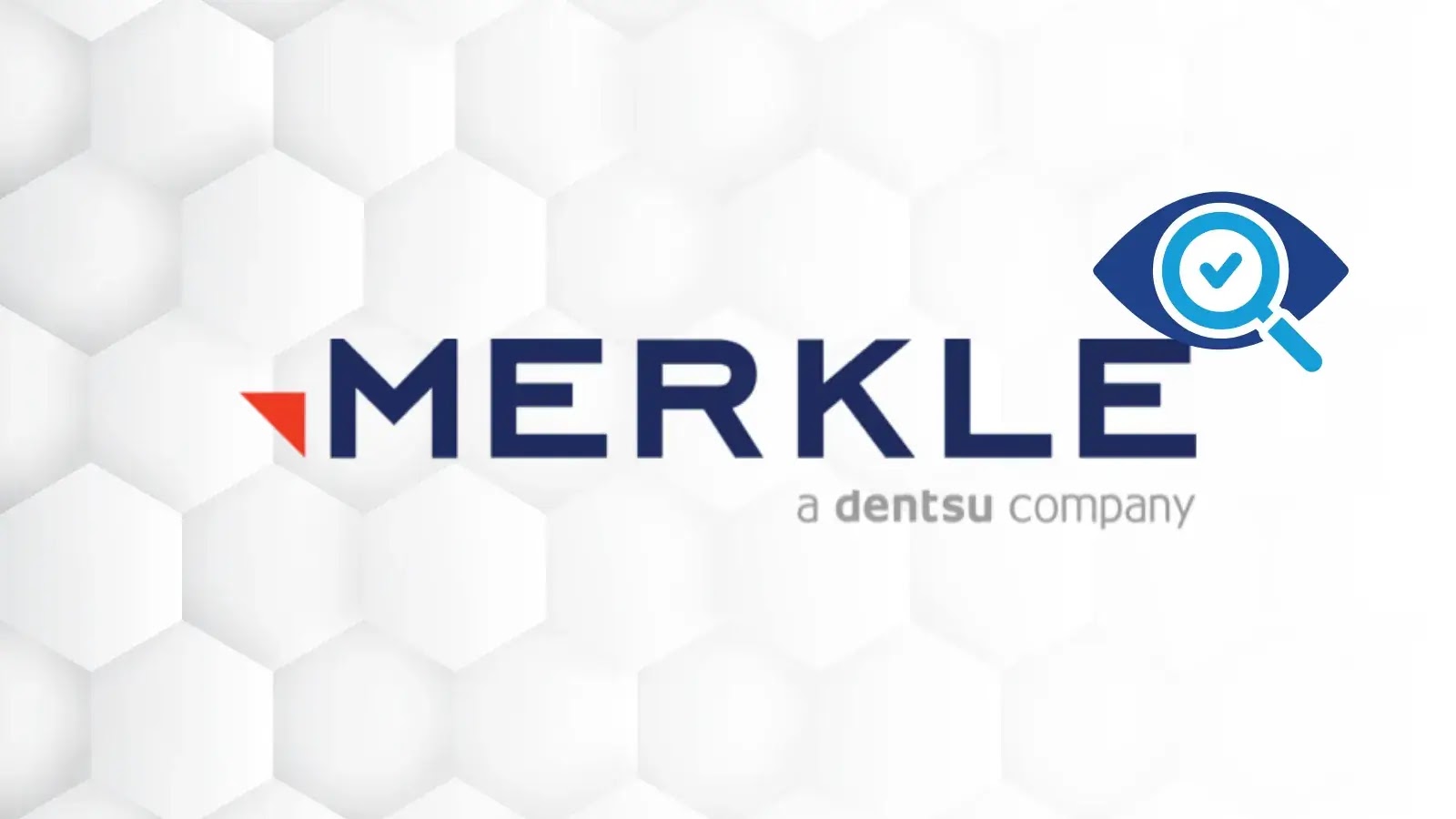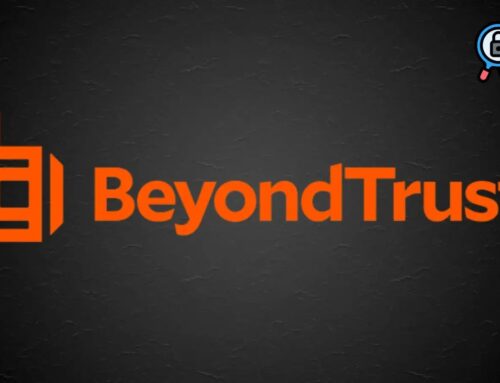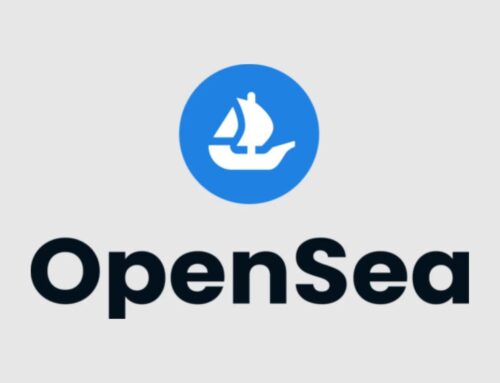
Dentsu has Disclosed that its U.S.-based Subsidiary Merkle Suffers Cyberattack
The digital landscape continually presents new cybersecurity challenges, and even industry leaders are not immune. Dentsu, a global advertising and marketing powerhouse, recently confirmed a significant cyber incident impacting its U.S.-based subsidiary, Merkle. This event underscores the pervasive threat cyberattacks pose to businesses of all sizes and sectors, demanding robust incident response and proactive security postures.
Merkle’s Network Compromise: What We Know
Dentsu publicly disclosed that Merkle, a recognized leader in data-driven marketing, experienced a cyberattack that prompted immediate and decisive action. The company detected anomalous activity within Merkle’s network infrastructure, triggering their incident response protocols. To contain the breach and minimize operational disruption, Merkle proactively shut down specific systems.
While the specific nature of the attack (e.g., ransomware, data exfiltration, business email compromise) has not been detailed in public statements, the rapid system shutdown indicates a serious threat requiring immediate isolation. Such measures are typically employed to prevent lateral movement of attackers, further data compromise, or the encryption of critical assets.
Immediate Incident Response: A Case Study in Containment
Merkle’s response highlights critical phases of effective incident management:
- Detection: The ability to identify abnormal activity within the network is paramount. This often relies on advanced threat detection systems, anomaly detection algorithms, and vigilant security operations center (SOC) teams.
- Containment: Proactive system shutdowns, as implemented by Merkle, are a primary containment strategy. This isolates affected systems from the broader network, preventing the attack from spreading and minimizing potential damage.
- Investigation: Following containment, a thorough forensic investigation is initiated to understand the attack’s scope, its entry point, the tactics, techniques, and procedures (TTPs) used by the adversaries, and any potential data compromise.
- Eradication and Recovery: Once the threat is fully understood and contained, efforts focus on removing the attackers’ presence from the network and restoring affected systems to normal operations securely.
The Broader Implications for Digital Agencies
Cyberattacks against marketing and advertising firms, especially those handling vast amounts of customer data like Merkle, carry significant risks:
- Data Breach: Potential exposure of sensitive client or customer information.
- Reputational Damage: Erosion of trust among clients and partners.
- Operational Disruption: Downtime and service interruptions affecting campaigns and client deliverables.
- Financial Impact: Costs associated with incident response, remediation, potential fines, and legal liabilities.
The incident at Merkle serves as a stark reminder that robust cybersecurity is not merely an IT concern but a fundamental business imperative for any organization operating in the digital domain.
Remediation Actions and Proactive Security Measures
While Merkle’s specific remediation actions are confidential, general best practices for recovery and future prevention include:
- Thorough Forensic Analysis: Engage cybersecurity experts to conduct a deep analysis of the breach, identifying root causes and vulnerabilities exploited.
- Patch Management: Ensure all systems and applications are updated with the latest security patches. Many breaches exploit known vulnerabilities, such as those covered by CVEs like CVE-2023-38831 (a recent critical RCE in Apache Struts 2), highlighting the importance of timely patching.
- Enhanced Endpoint Detection and Response (EDR): Deploy advanced EDR solutions to continuously monitor endpoints for malicious activity.
- Network Segmentation: Implement strong network segmentation to limit lateral movement in case of a future breach.
- Multi-Factor Authentication (MFA): Enforce MFA across all critical systems and accounts to prevent unauthorized access, especially given common password-related vulnerabilities like those seen in CVE-2023-27350, which involves authentication bypass.
- Employee Training: Regular security awareness training for all employees on phishing, social engineering, and safe computing practices.
- Incident Response Plan Review: Periodically review and update the incident response plan, conducting tabletop exercises to ensure readiness.
- Data Backup and Recovery: Maintain isolated, air-gapped backups to ensure business continuity even in the event of severe data corruption or encryption.
Conclusion
The cyberattack on Dentsu’s subsidiary Merkle stands as a powerful demonstration of the persistent and evolving threat landscape. The swift incident response taken by Merkle, including immediate system shutdowns, underscores the importance of a prepared and proactive security posture. Organizations must continuously invest in threat detection, robust containment strategies, and comprehensive remediation plans to safeguard their digital assets and maintain trust in an increasingly interconnected world.





